Why Imported Supplements Cost More in Pakistan
Imported supplements like whey protein, creatine, and fish oil are gaining popularity in Pakistan, especially among fitness enthusiasts, bodybuilders, and health-conscious consumers. But one recurring question frustrates many buyers: Why do imported supplements cost more in Pakistan compared to countries like the U.S. or UAE?
This comprehensive guide explores the reasons behind the price hike and shares expert insights, market trends, and consumer advice tailored for Pakistani supplement shoppers.
Key Factors Driving Up Costs

1. Currency Fluctuations
One of the biggest contributors to inflated prices is the unstable Pakistani rupee vs. dollar exchange rate. Most supplement brands are priced in U.S. dollars. When the rupee depreciates (as seen frequently in the past few years), retailers are forced to raise prices to offset the currency loss.
For example, if the USD climbs from PKR 175 to PKR 285, the same $60 supplement could jump from Rs. 10,500 to over Rs. 17,000, even without any changes to import taxes.
2. Import Duties & Taxes
Imported supplements are subject to a range of government-imposed costs:
- Customs Duty: Varies depending on the category (typically 20–30%)
- Sales Tax (GST): Currently 18% on health and food-related imports
- Regulatory Charges: DRAP (Drug Regulatory Authority of Pakistan) may charge additional fees if supplements are treated as “nutraceuticals.”
Together, these duties can increase supplement prices by 35–50% before they even reach local distributors.
3. International Shipping & Logistics
Shipping costs have risen globally due to:
- Fuel surcharges
- Supply chain disruptions (e.g., COVID-19 or Red Sea conflict)
- Limited freight access in Pakistan compared to hubs like Dubai
Delays in customs clearance and port congestion also add demurrage charges, increasing the final cost to consumers.
4. Distributor Markups
Once landed, supplements pass through distributors, resellers, and retailers. Each party adds a margin for profit and risk buffering.
Pakistan lacks a fixed price regulation on supplements, so two sellers may offer the same imported whey protein at drastically different prices. This makes buying supplements online in Pakistan tricky without price transparency.
5. Quality Assurance & Testing
To ensure consumer safety, imported supplements may undergo testing by DRAP or third-party labs. While this process adds legitimacy and trust, it also increases costs, especially for small batches.
Top brands also pay for:
- Tamper-proof packaging
- Authenticity verification systems
- Importer-specific labeling and documentation
These practices raise the cost but reduce the risk of counterfeit or expired products.
Price Comparison Table
| Product | USA Price (USD) | Pakistan Price (PKR) | Cost Difference |
| Optimum Whey 5lb | $65 | Rs. 22,000 | +40–50% |
| Creatine Monohydrate 300g | $25 | Rs. 9,500 | +60% |
| Omega-3 Fish Oil (90 caps) | $18 | Rs. 6,500 | +70% |
(Prices subject to exchange rate fluctuations and seller pricing)
Are Local Alternatives More Affordable?
Pros:
- Lower base price (no import taxes)
- Easier availability
- Supports local manufacturers
Cons:
- Limited range and flavor options
- Inconsistent quality or under-dosed products
- Less brand recognition or third-party testing
Some regional alternatives from India or UAE may offer a compromise, but import restrictions and brand availability remain challenges.
Tips to Avoid Overpaying
- Buy from verified resellers listed on official brand websites
- Wait for flash sales, seasonal deals (Ramzan, New Year, 11.11)
- Bulk purchase with friends to split shipping/customs charges
- Join supplement buyer groups on Facebook or WhatsApp for discounts and reviews
Expert Insight
“The cost disparity is frustrating, but it’s largely unavoidable due to macroeconomic pressures. We always encourage buyers to check lot numbers and verification codes before purchasing,” says Sana Ahmed, co-owner of a certified supplement store in Lahore.

Usman Khalid, a gym-goer from Karachi, shares, “I used to buy Optimum Nutrition Gold Standard for Rs. 8,500 in 2018. Now it’s over Rs. 20,000. But I still prefer original over local brands.”
FAQs
Why are supplements cheaper in the USA?
Due to stronger currency, larger markets, local manufacturing, and minimal import-related costs.
Are imported supplements worth the extra cost?
If verified and authentic, yes. They offer superior quality control, certifications, and global reputation.
Can customs seize personal supplement orders?
Yes. Pakistani customs may hold or seize personal orders not properly declared, especially bulk quantities or banned ingredients.
Conclusion
So, why imported supplements cost more in Pakistan boils down to currency devaluation, heavy taxation, international shipping, and unregulated pricing. While these factors make supplements a premium product, smart shopping can ease the burden.
Buy from trusted sources, understand the supply chain, and explore local or regional alternatives cautiously. In a volatile market, knowledge is power.


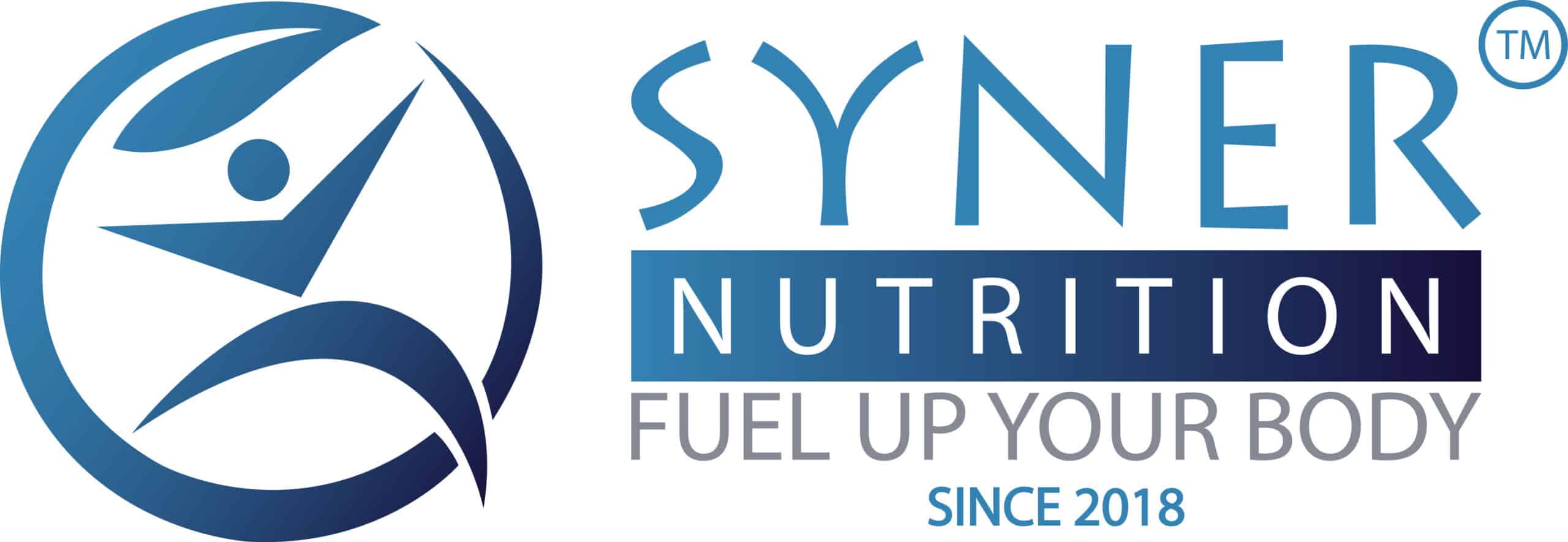
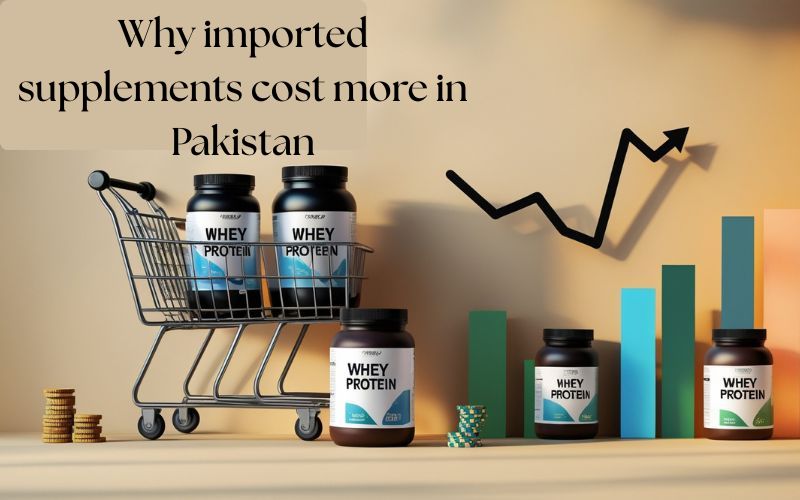
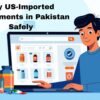

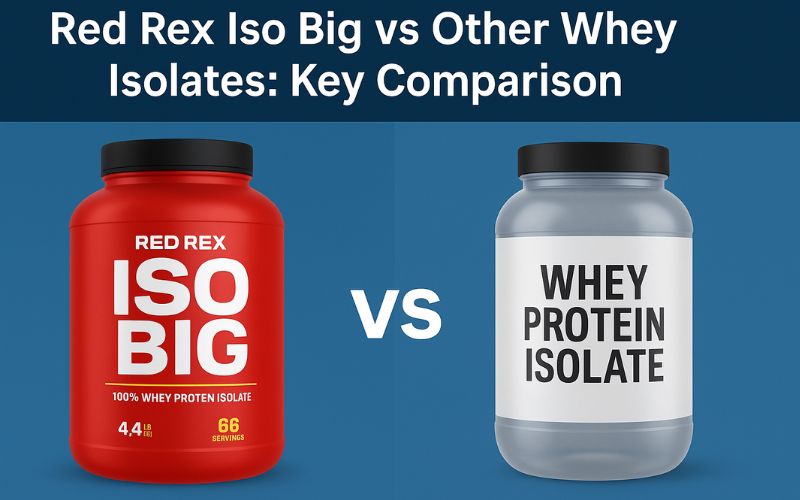


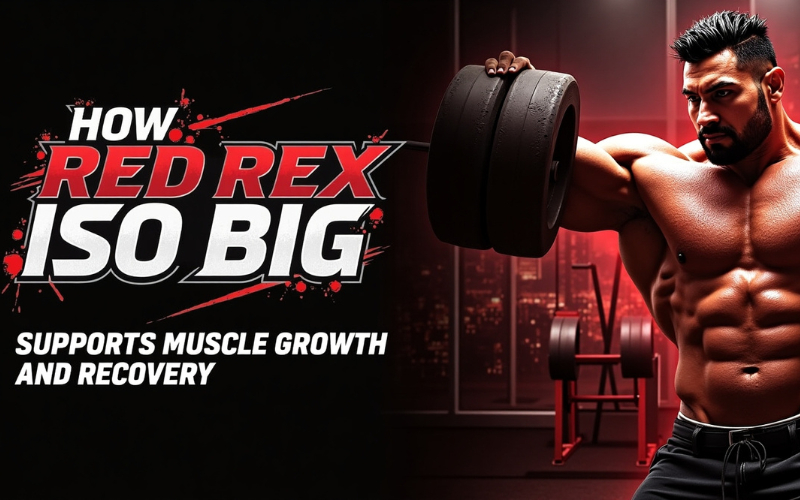
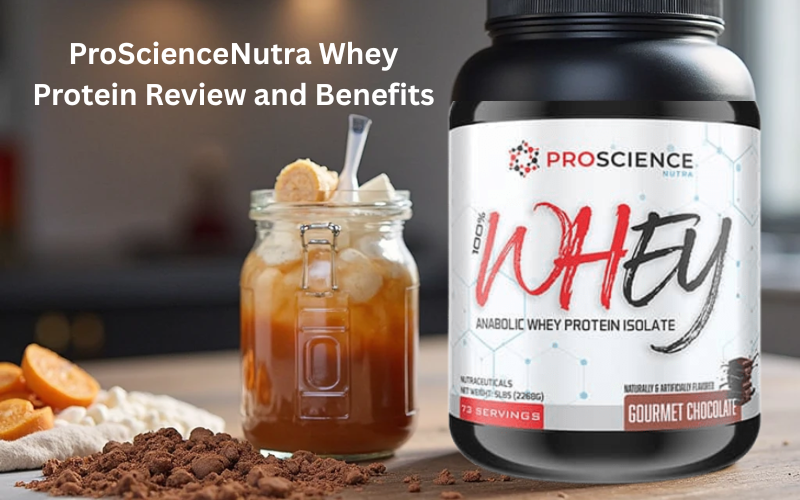
Add comment